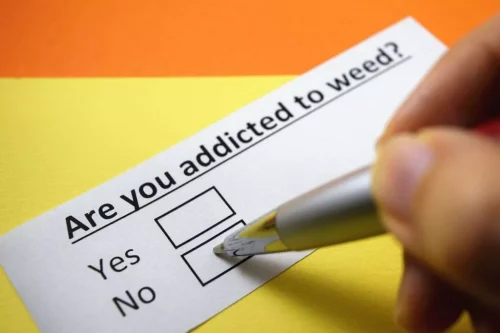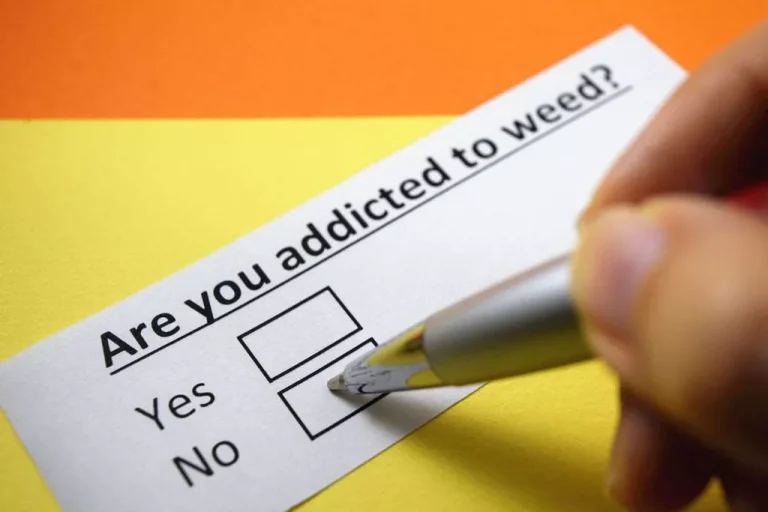If you think you have a dependence or addiction, contact a treatment provider today for help. Addiction is in its own category and is characterized as changes in behavior, which are caused by the biochemical changes in our brain due to prolonged substance abuse. Getting and using drugs become the main focal point in the person’s life, despite any and all consequences that may follow.
Health Categories to Explore
The only way to overcome this is by accepting you have a problem and reaching out for help. Whether you’re in the early stages or have a full-blown disorder, the earlier you get help, the greater your odds of overcoming this successfully. The longer you let this fester, it’ll only hurt you worse in the long term. Tolerance is when the body’s response to a substance diminishes over time.
Drug Dependence Signs and Symptoms
At first, starting this behavior is an extra activity, but as the user becomes more dependent on the high, it can turn into the main activity. This is where dependency can turn into full-blown addiction—when substance abuse becomes the all-encompassing main priority. If you think you might have an alcohol problem, discuss it with a healthcare provider.
What is drug addiction?
People who are addicted develop a physical and psychological reliance on a substance that leads them to go to extreme lengths to continue taking it. Drug abuse and addiction (now more commonly known as “substance use disorder” or “problematic substance use”) have led to a major health crisis in the U.S. Not only are millions of Americans struggling with substance use disorder, but in 2014 alone, there were more than 45,000 overdose deaths, over half of which involved prescription opioids and heroin. Alcohol abuse is also a continuing problem in the country, with over 65 million people binge drinking in the past month.
For example, if a person is arrested for using drugs and leaves jail to pick up more, they’ve likely developed an addiction. Addiction causes individuals to act erratic or irrational when they cannot get more of their drug of choice. Detoxification treatment may need to be administered to those with substance dependence due to the dangerous nature of some withdrawal symptoms. As with substance abuse, research suggests that no treatment method is superior, but that social support is very important and that organizations such as AA and NA have better than average success rates in reducing relapse.
The terms “addiction” and “dependence” can seem similar, but they are different. If you are using drugs in large amounts, struggle to control your intake, or rely on them for specific functions like relaxing or boosting confidence, you’re likely abusing them. Drug dependence occurs when your body or mind adapts to regular substance use. Based on the information above, we can conclude that addiction and dependence are not the same, although they are often confused or used interchangeably. While both involve the use of substances and can coexist, they refer to different aspects of substance use. The recent death of pop star Prince from an opioid overdose was one of the 25,000 fatal opioid overdoses in the US every year.
The medical community has typically thought of addiction as abuse of a substance that continues even when there are detrimental consequences, such as losing a job or developing physical issues like kidney damage or ulcers. In most cases, addiction is determined by noticeable negative consequences to one’s life. If a substance harms you, your relationships, and your obligations, it’s most likely addiction. You can be addicted without being dependent and be dependent addiction vs dependence without having an addiction.
Dependence vs. Addiction: How to Tell the Difference
- Understanding the distinctions between addiction, tolerance, and dependence is crucial for accurate diagnosis and effective treatment.
- A person who is chemically dependent on a drug might show different physiological changes around chronic usage, tolerance levels, and even withdrawal symptoms.
- This does not mean that the individual is addicted or dependent on the substance.
- Dependence is characterized by tolerance or withdrawal symptoms, and can be a consequence of many drugs, such as pain medications, stimulants, and antidepressants.
- Clients receiving intensive outpatient treatment will usually visit the center 2 to 5 days per week for 2 to 4 hours per day.
You are dependent if you stop taking the drug and experience withdrawal symptoms. When the symptoms of mental and physical dependence are apparent, an addiction is usually present. However, the main characteristic that distinguishes addiction from dependence is the combination of mental and physical dependence with uncontrollable behavior in obtaining and using a substance. Dependence on a drug can certainly lead to a substance abuse disorder (SUD).







